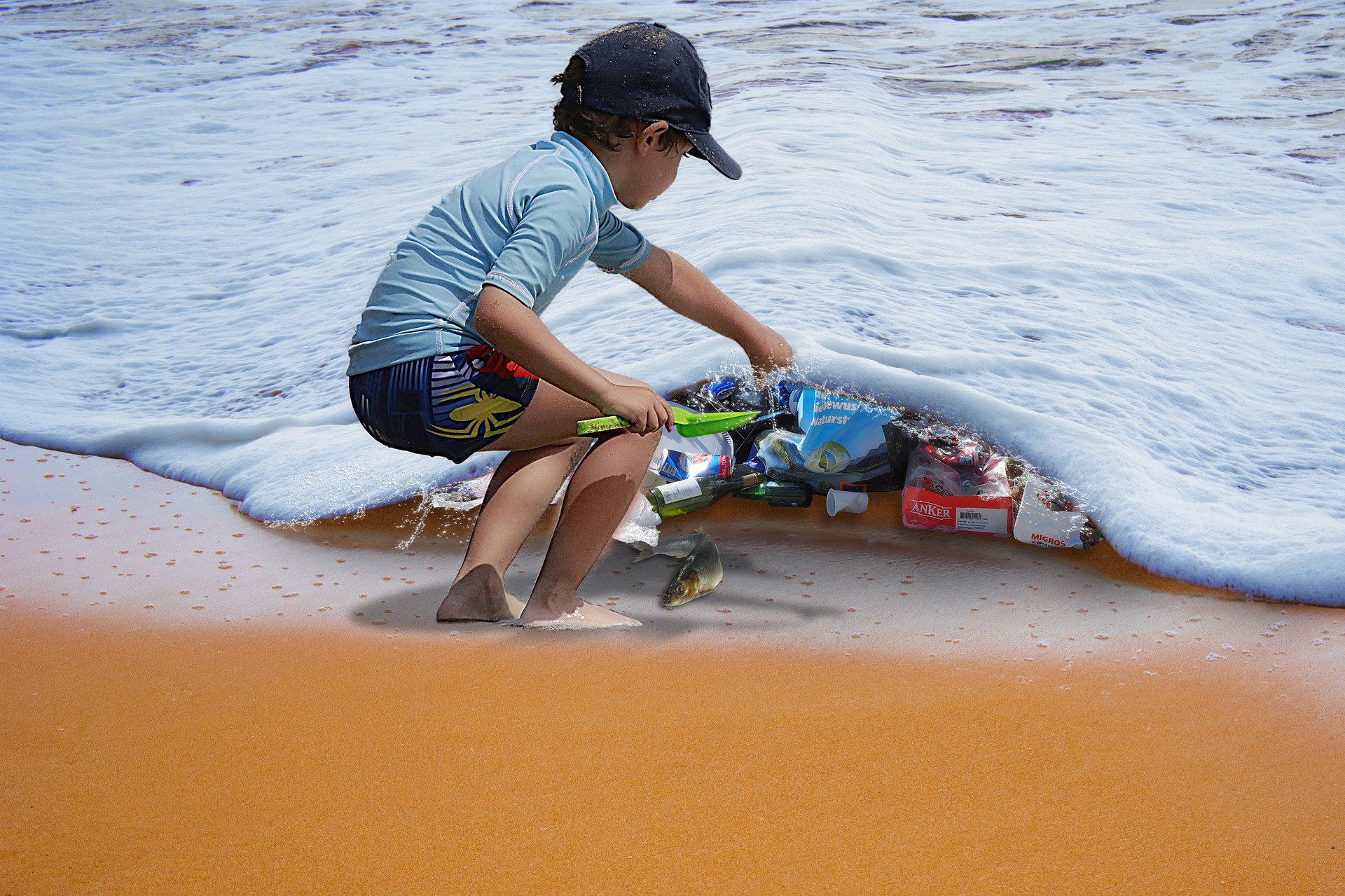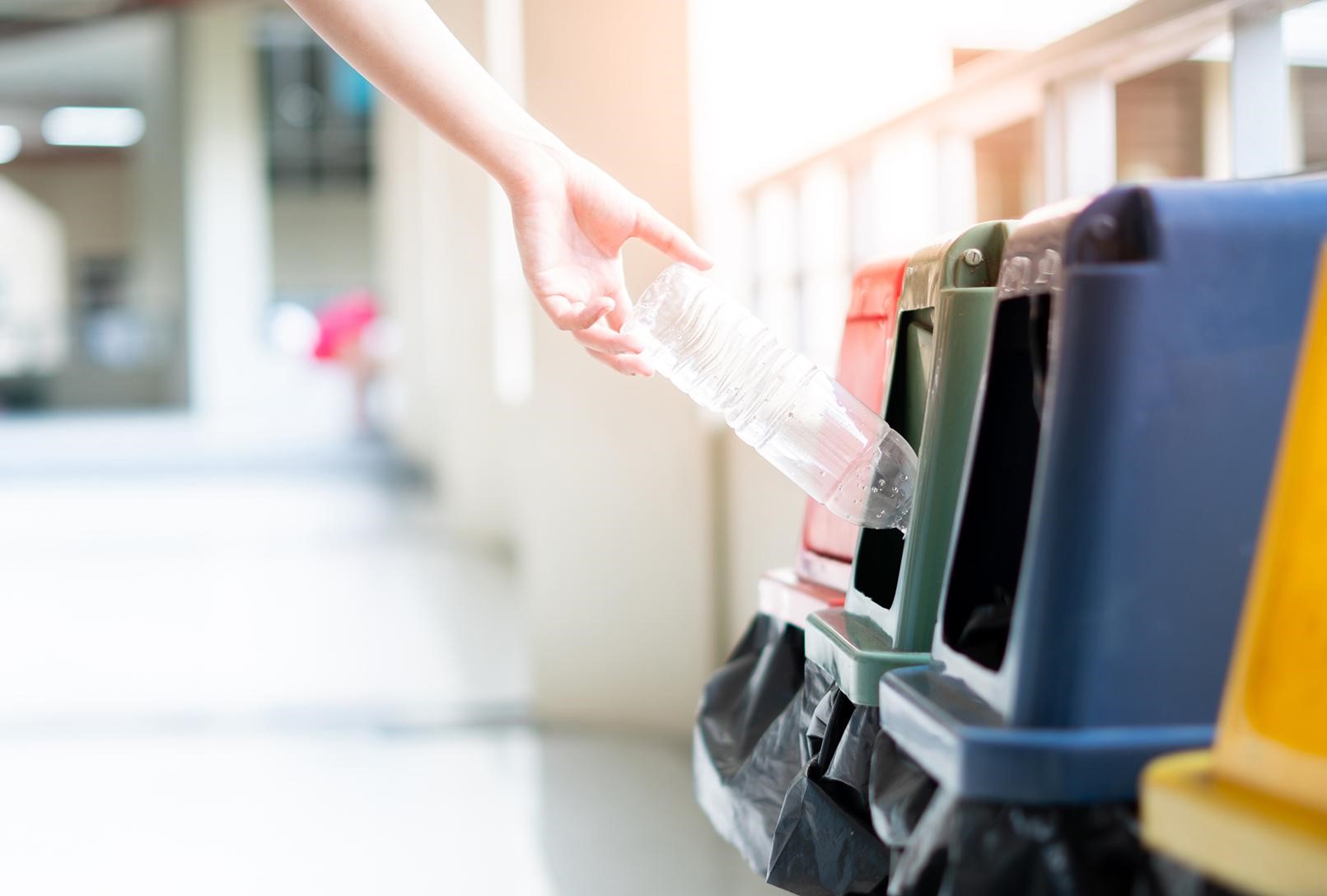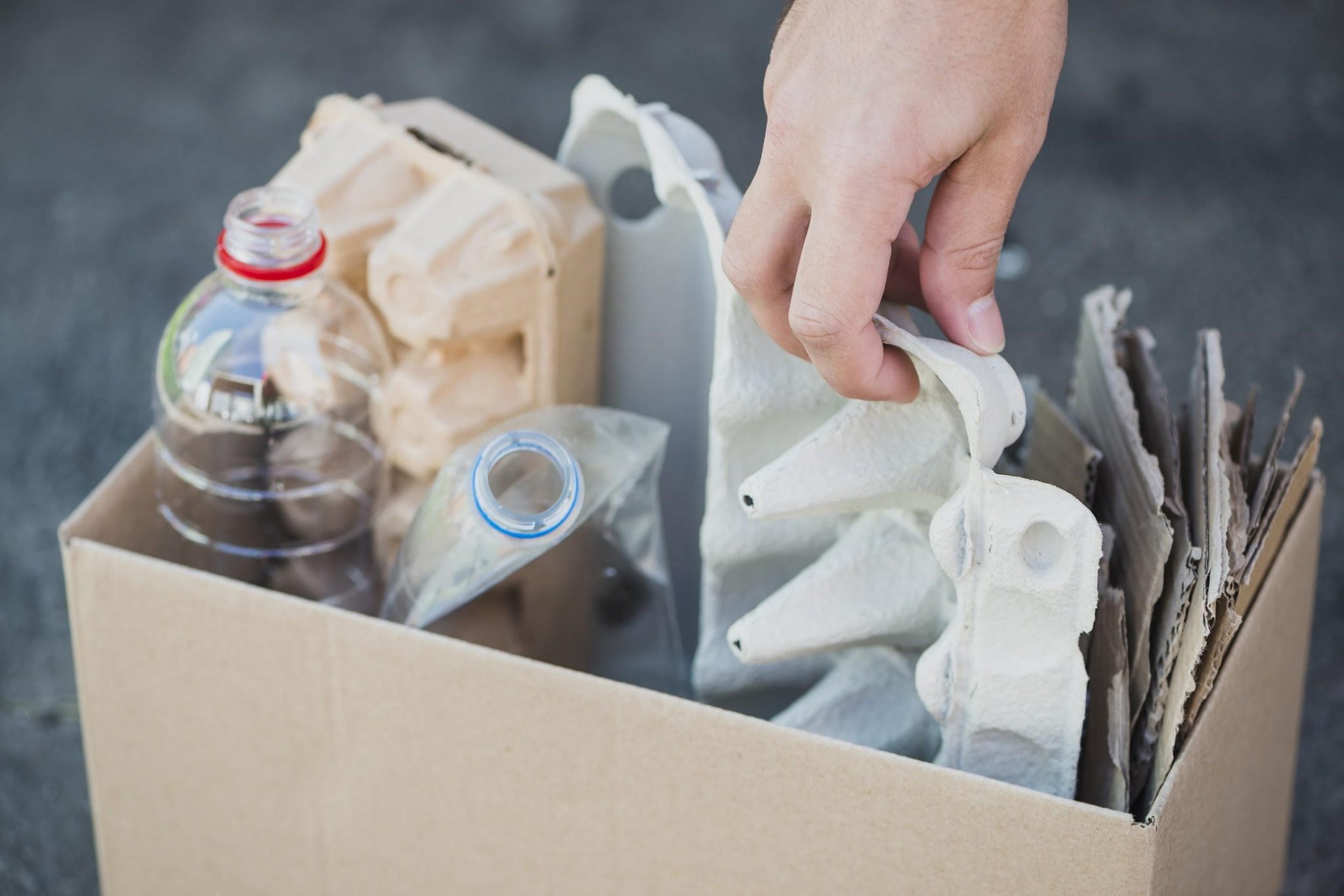
Because of the pandemic, there has been an excessive increase in demand for disposable masks. Many countries have needed them to help lessen the risk of exposure to the virus. Although they have been a requirement for some, disposable masks for that matter are not the best solution for many people. The increased plastic waste that they entail have not been good for the environment.

Doctors and other healthcare professionals are actually the ones that should use disposable masks. They are often exposed to germs, bacteria, and other viruses because of the nature of their jobs. What other people should use are reusable masks.
The Negative Effects on the Environment
Disposable masks like surgical masks are often made mostly of polypropylene. They can either be 20 or 25 grams per square meter in density per mask.

Polypropylene is a thermoplastic polymer usually used in a wide variety of products. This composition of disposable masks makes it a plastic waste that it is hard to dispose of. Not only will they overflow in trash dumps, but some people are not properly disposing of them in the right place. In a recent survey conducted by Environmental group OceansAsia, they have found masses of surgical masks washing up on the shoreline of the Soko Islands in Hong Kong.
According to Teale Phelps Bondaroff, Director of Research at OceansAsia, “Most of these masks contain or are made of polypropylene, which does not break down quickly.
Marine plastic pollution is a serious problem. It is estimated that every year, over eight million tons of plastic enters our oceans. This plastic does not disappear but rather slowly breaks down into micro-plastic, which enters food chains, with a devastating effect.”
This just shows how much of an impact disposable masks are to
the environment. The better solution that most people should turn to is reusable masks.

3 Reasons to Use Reusable Masks
- They last longer than disposable masks. With reusable masks, you can use them for as long as they las, but you must also be vigilant when it comes to cleaning and maintaining them. Reusable masks do have plastic valves, but those plastic valves can be used for eternity. If the silicone stopper in the valves doesn’t work anymore, it can be replaced.

- They can help you save money. You won’t have to buy a lot of masks. You can just have one or two reusable masks, and purchase the replaceable filters which do have to be discarded but do not have any plastic in them. They are better for your wallet and for comfortability.
- They can save the environment. This might be the most important reason. We want to do our best to save Mother Nature. We can do things like recycling or utilizing reusable masks and other reusable objects. We need to stop producing so much plastic waste because the earth and the environment are suffering now more than ever.

Resources:





